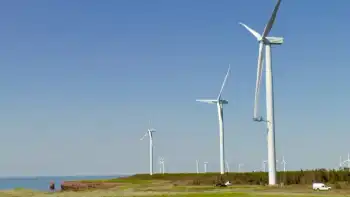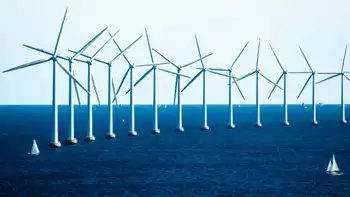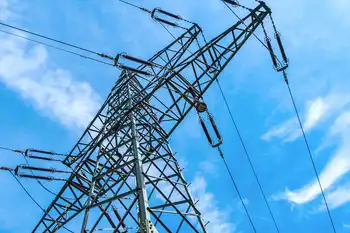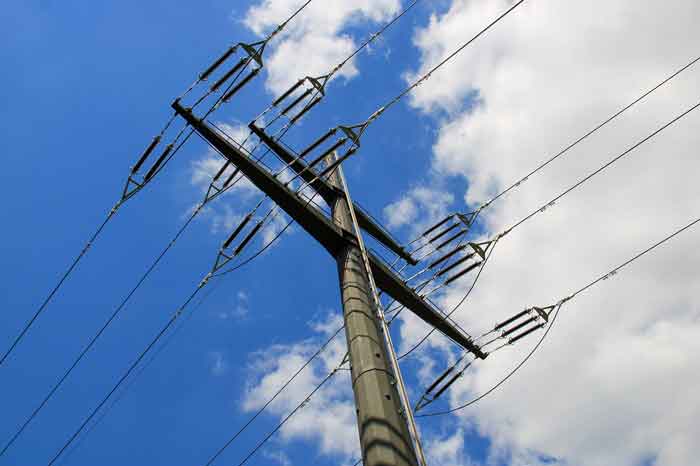OpenAI Expands Washington Effort to Shape AI Policy
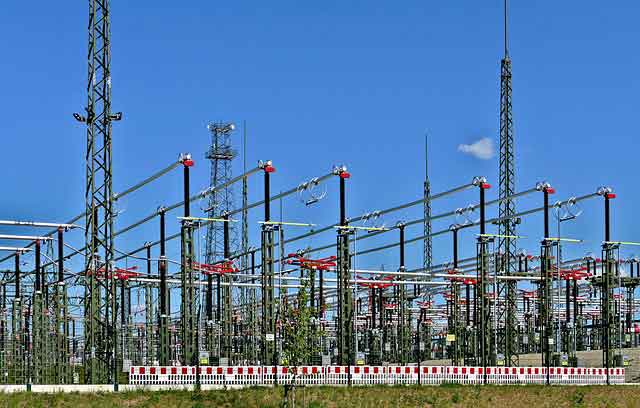
Substation Relay Protection Training
Our customized live online or in‑person group training can be delivered to your staff at your location.

- Live Online
- 12 hours Instructor-led
- Group Training Available
OpenAI Washington Policy Expansion spotlights AI policy, energy infrastructure, data centers, and national security, advocating AI economic zones and a national transmission grid to advance U.S. competitiveness and align with pro-tech administration priorities.
Key Points
OpenAI's D.C. push to scale policy outreach and AI infrastructure across energy, data centers, and national security.
✅ Triples D.C. policy team to expand bipartisan engagement
✅ Advocates AI economic zones and transmission grid build-out
✅ Aligns with pro-tech leadership, prioritizing national security
OpenAI, the creator of ChatGPT, is significantly expanding its presence in Washington, D.C., aiming to influence policy decisions that will shape the future of artificial intelligence (AI) and its integration into critical sectors like energy and national security. This strategic move comes as the company seeks to position itself as a key player in the U.S. economic and security landscape, particularly in the context of global competition with China in strategic industries.
Expansion of Policy Team
To enhance its influence, OpenAI is tripling the size of its Washington policy team. While the 12-person team is still smaller compared to tech giants like Amazon and Meta, it reflects OpenAI's commitment to engaging more actively with policymakers, as debates over Biden's climate law shape the regulatory landscape. The company has recruited individuals from across the political spectrum, including former aides to President Bill Clinton and Vice President Al Gore, to ensure a diverse and comprehensive approach to policy advocacy.
Strategic Initiatives
OpenAI is promoting an ambitious plan to develop tech and energy infrastructure tailored for AI development. This initiative aims to deliver more affordable energy to data centers and reduce corporate electricity bills, which are essential for AI operations. The company is advocating for the establishment of AI economic zones and a national transmission highway to support the growing energy demands of AI technologies. By aligning these proposals with the incoming Trump administration's pro-tech stance, OpenAI seeks to secure federal support for its projects.
Engagement with the Trump Administration
The transition from the Biden administration to the incoming Trump administration presents new opportunities for OpenAI, even as state legal challenges shape early energy policy moves. The Trump administration is perceived as more favorable toward the tech industry, with appointments of Silicon Valley figures like Elon Musk and David Sacks to key positions. OpenAI is leveraging this environment to advocate for policies that support AI development and infrastructure expansion, positioning itself as a strategic asset in the U.S.-China economic and security competition.
The AI industry is increasingly viewed as a critical component of national security and economic competitiveness. OpenAI's efforts to engage with policymakers reflect a broader industry push to be recognized as a vital player in the U.S. economic and security landscape. By promoting AI as a strategic asset, OpenAI aims to secure support for its initiatives, including clean-energy projects in coal communities, and ensure that the U.S. remains at the forefront of AI innovation.
OpenAI's strategic expansion in Washington, D.C., underscores its commitment to influencing policy decisions that will shape the future of AI and its integration into critical sectors. By enhancing its policy team, advocating for infrastructure development, where Alberta's data center boom illustrates rising demand, and aligning with the incoming administration's priorities, even as energy dominance goals face real-world constraints, OpenAI aims to position itself as a key player in the evolving landscape of artificial intelligence. This proactive approach reflects the company's recognition of the importance of policy engagement in driving innovation and securing a competitive edge in the global AI arena.





